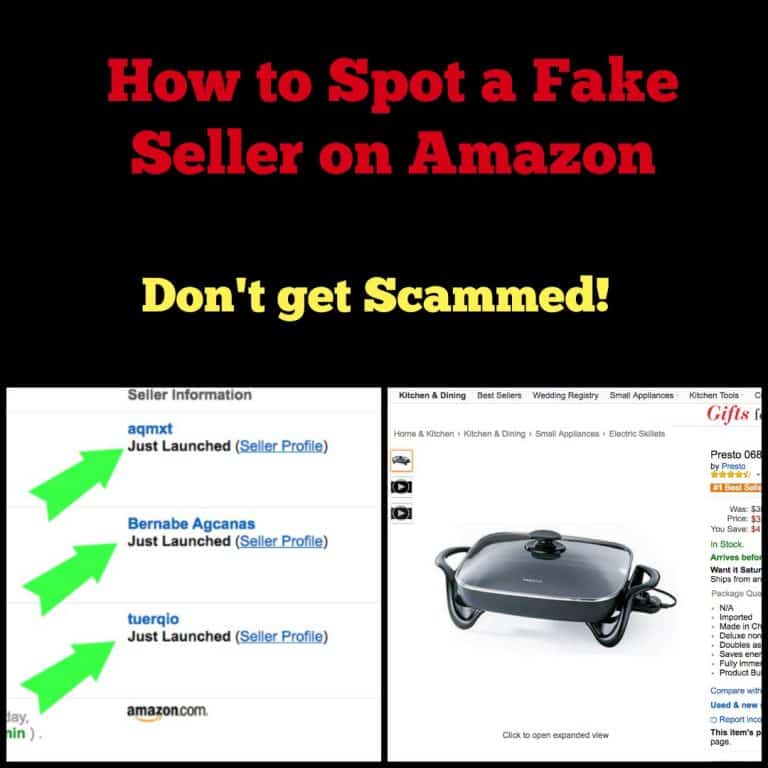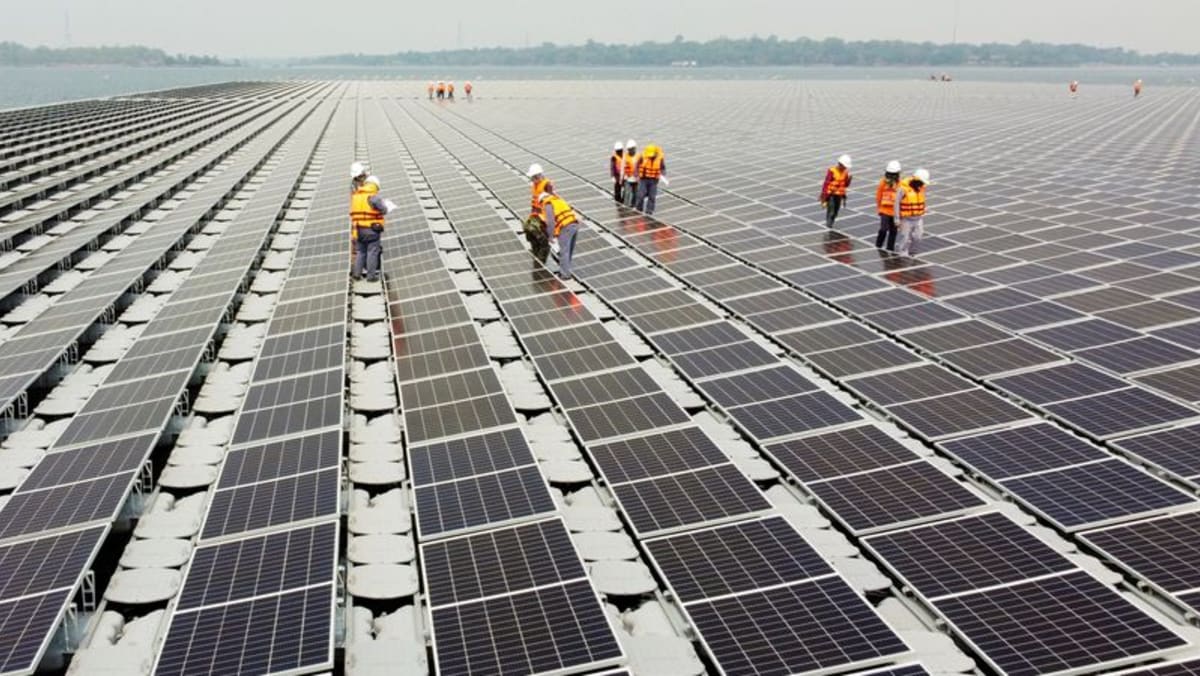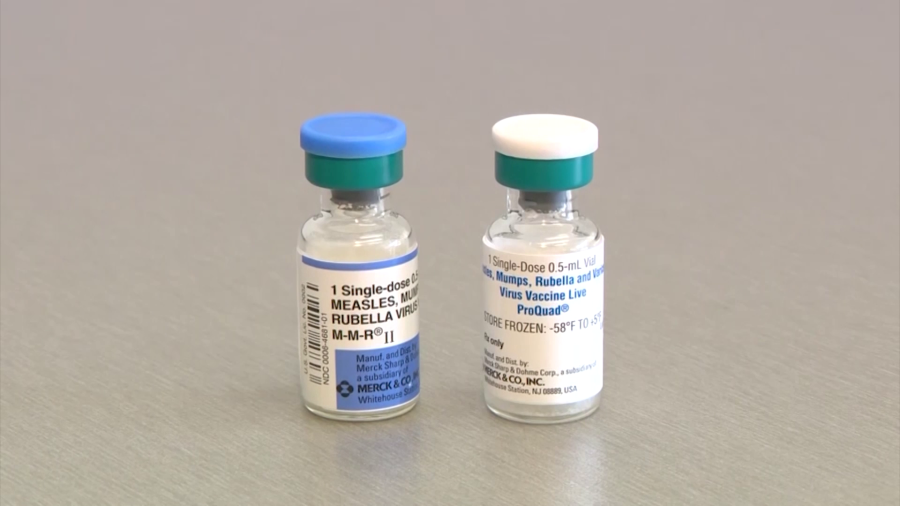Beware: Fake Ticket Sellers Scam Targeting Ticketmaster Customers

Table of Contents
Identifying Fake Ticket Sellers Targeting Ticketmaster Customers
Spotting a fake ticket seller requires vigilance. These scammers employ sophisticated techniques to appear legitimate, so it's crucial to be aware of their methods. Identifying scam websites and fake Ticketmaster emails is paramount to avoiding Ticketmaster scams. Here's how to identify suspicious ticket sellers:
-
Look for unusually low prices: A deal that seems too good to be true almost certainly is. Significantly cheaper prices than official Ticketmaster listings are a major red flag indicating counterfeit tickets or a potential Ticket reseller scam. Legitimate resellers will typically charge a premium, reflecting the increased demand.
-
Beware of unofficial websites or emails mimicking Ticketmaster's branding: Scammers create convincing websites and emails that closely resemble Ticketmaster's official platforms. Always double-check the URL for any discrepancies. Look for subtle differences in spelling, domain names (e.g., .net instead of .com), or unprofessional design. A fake Ticketmaster email might contain grammatical errors or use generic greetings.
-
Scrutinize the seller's reviews and reputation: Before making a purchase from any third-party reseller, thoroughly investigate their online reputation. Check independent review sites and social media for comments about their service and the authenticity of their tickets. Negative feedback or numerous complaints about non-delivery or counterfeit tickets should serve as a major warning sign.
-
Avoid sellers using untraceable payment methods like wire transfers or gift cards: Legitimate ticket sellers will typically use secure, traceable payment gateways such as PayPal or credit card processors. Wire transfers and gift cards offer little to no buyer protection, making them highly attractive to scammers. Stick to secure payment methods that provide recourse if something goes wrong.
-
Be wary of high-pressure sales tactics urging immediate purchase: Legitimate sellers understand that buyers need time to make informed decisions. If a seller pressures you into making an immediate purchase, it's a significant red flag. This urgency is often used to prevent buyers from conducting proper due diligence.
-
Check the seller's contact information for legitimacy: Does the seller provide a verifiable physical address or just a generic email address? A lack of transparency in contact information should raise concerns. Legitimate businesses are generally transparent about their contact details.
Common Scams Used by Fake Ticket Sellers
Fake ticket sellers employ a range of deceptive tactics to defraud unsuspecting customers. Understanding these common Ticketmaster scams is crucial for avoiding them. These include:
-
Counterfeit Tickets: This is perhaps the most prevalent scam. Scammers create fake tickets that look authentic but are worthless at the event entrance. These tickets might have subtle flaws in printing or barcodes that only become apparent upon arrival at the venue.
-
Phishing Emails/Websites: Ticket phishing is a common technique. Scammers create fake emails or websites that mimic Ticketmaster's appearance, aiming to steal your login credentials and payment information. These fraudulent sites often request your Ticketmaster username, password, and credit card details.
-
Double-selling: A particularly unethical scam involves selling the same ticket to multiple buyers. Only one person will gain entry, leaving the others disappointed and out of pocket.
-
Non-delivery: This scam is deceptively simple. The scammer takes your payment but never sends you the tickets. They may offer various excuses for the delay, but the tickets never materialize.
-
Ticket Hijacking: This is a more sophisticated scam where scammers gain unauthorized access to legitimate Ticketmaster accounts. They then resell the tickets without the account owner's knowledge.
Protecting Yourself from Ticketmaster Scams
Protecting yourself from online ticket fraud is paramount. Following these simple steps can significantly reduce your risk of becoming a victim of Ticketmaster scams:
-
Only buy tickets directly from Ticketmaster or authorized resale platforms like Ticketmaster's own resale marketplace: This is the most effective way to guarantee the authenticity of your tickets.
-
Carefully review all emails and websites before clicking links or entering personal information: Look for inconsistencies in spelling, grammar, or design that might indicate a fraudulent website or email. Hover over links before clicking to verify the URL.
-
Use strong, unique passwords for your online accounts: Employ a password manager to generate and securely store complex passwords for all your online accounts.
-
Report suspicious activity to Ticketmaster immediately: If you suspect you've encountered a scam, report it to Ticketmaster's customer service immediately. Provide as much detail as possible, including screenshots and email headers.
-
Be cautious of deals that seem too good to be true: If the price is significantly lower than the official listing, there is likely a reason for it.
Conclusion
The rise of fake ticket sellers targeting Ticketmaster customers presents a significant risk. By understanding the common scams – such as counterfeit tickets, phishing emails, and double-selling – and employing the preventative measures outlined above, you can significantly reduce your chances of becoming a victim of ticket fraud. Remember to always prioritize safe and secure ticket purchasing practices. Don’t let counterfeit ticket sellers ruin your event; buy your tickets directly from Ticketmaster or authorized resellers and protect yourself from these Ticketmaster scams. Prioritize your safety and enjoy your event without the worry of fraudulent transactions.

Featured Posts
-
 Us Solar Panel Tariffs Boost Hanwha And Ocis Growth Prospects
May 30, 2025
Us Solar Panel Tariffs Boost Hanwha And Ocis Growth Prospects
May 30, 2025 -
 Measles Outbreak Update Virginia Reports Second Case Of 2025
May 30, 2025
Measles Outbreak Update Virginia Reports Second Case Of 2025
May 30, 2025 -
 Globalno Zatoplyane Poveche Ot Polovinata Ot Sveta E Izpital Ekstremna Zhega Za Nad Mesets Prez 2024 G
May 30, 2025
Globalno Zatoplyane Poveche Ot Polovinata Ot Sveta E Izpital Ekstremna Zhega Za Nad Mesets Prez 2024 G
May 30, 2025 -
 Will Kg Motors Mibot Succeed In Japans Competitive Ev Landscape
May 30, 2025
Will Kg Motors Mibot Succeed In Japans Competitive Ev Landscape
May 30, 2025 -
 Pickleball Stars Steffi Graf Und Andre Agassi Verraten Ihre Erfolgsstrategie
May 30, 2025
Pickleball Stars Steffi Graf Und Andre Agassi Verraten Ihre Erfolgsstrategie
May 30, 2025
